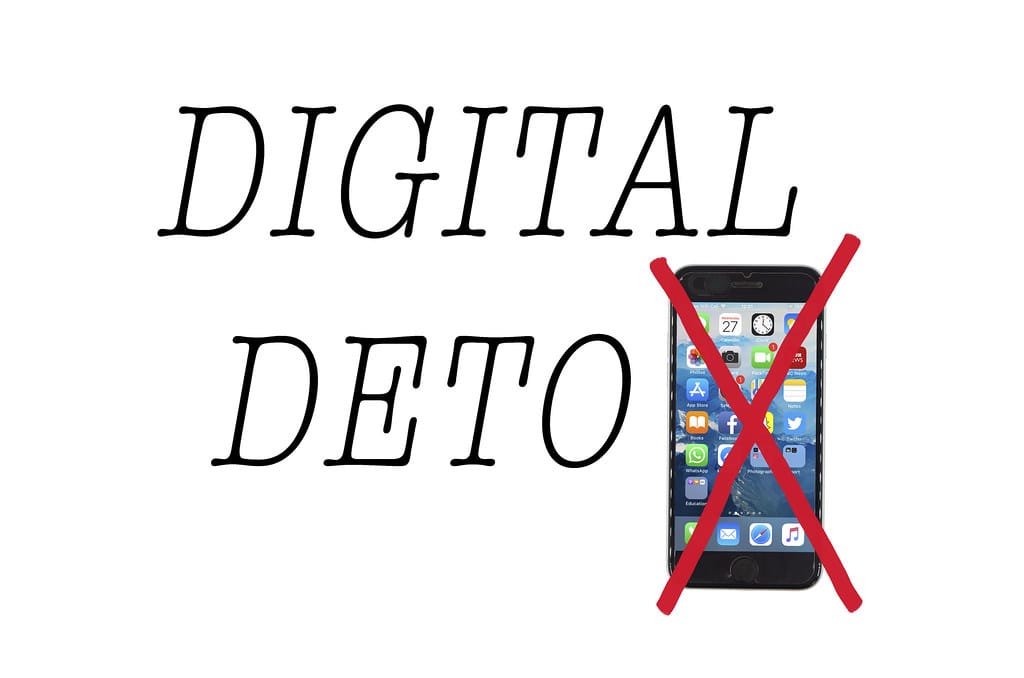Former Google CEO's Radical Advice: Turn Off Your Phone to Actually Get Work Done
In an era where the average knowledge worker checks their phone 144 times per day, a surprising voice is calling for digital detox: Eric Schmidt, former CEO of Google, the company that helped create our smartphone addiction in the first place.
Speaking at a recent Stanford University event, Schmidt delivered advice that would make his former colleagues cringe: "Turn off your phone. Put it in a drawer. Focus on the work in front of you." The irony wasn't lost on the audience—here was the man who helped build the digital ecosystem now advocating for escape from it.
The Productivity Paradox of Our Time
Schmidt's comments highlight a growing paradox in modern work culture. Despite having access to more information and connectivity than ever before, worker productivity growth has stagnated. According to the Bureau of Labor Statistics, productivity growth in the U.S. has averaged just 1.3% annually since 2007—coincidentally, the year the iPhone launched.
The former Google executive pointed to research showing that it takes an average of 23 minutes and 15 seconds to fully refocus after an interruption. With the typical office worker facing an interruption every 11 minutes, we're caught in a perpetual state of partial attention.
"We've created these incredible tools for connection and information access," Schmidt explained, "but we've also created the perfect storm for distraction."
The Science Behind the Suggestion
Schmidt's advice isn't just executive wisdom—it's backed by mounting scientific evidence. Dr. Cal Newport's research at Georgetown University demonstrates that "deep work"—cognitively demanding activities performed in a state of distraction-free concentration—produces higher quality results in less time.
A 2023 study by RescueTime found that knowledge workers average only 1 hour and 12 minutes of uninterrupted focus time per day, despite working 8+ hour days. The rest is fragmented by notifications, meetings, and what researchers call "attention residue"—the mental fog that lingers after switching between tasks.
Microsoft's own research shows that prolonged multitasking can temporarily lower IQ by up to 10 points—more than the effect of losing a night's sleep.
Beyond Individual Impact: The Organizational Cost
The implications extend far beyond personal productivity. Harvard Business School professor Leslie Perlow's research on "collaborative overload" reveals that the typical knowledge worker spends 85% of their time in meetings, on phone calls, or responding to emails, leaving minimal time for the deep thinking that drives innovation.
Companies are beginning to recognize this crisis. Goldman Sachs recently implemented "focus Fridays" with no meetings or non-urgent communications. Microsoft Japan saw a 40% productivity boost after implementing a four-day work week designed to maximize focused work time.
The Former CEO's Broader Warning
Schmidt's phone advice is part of a larger cautionary message about technology's role in the workplace. He warns that organizations risk creating "human hamster wheels" where activity is mistaken for productivity.
"I spent years building technologies that were supposed to make us more efficient," Schmidt reflected. "Instead, we've made ourselves more busy. There's a difference."
His solution goes beyond individual discipline to systemic change. Schmidt advocates for "communication sabbaths"—designated times when teams agree to disconnect from all digital communication to focus on substantive work.
Practical Steps for the Always-On World
For workers ready to embrace Schmidt's advice, the transition requires strategy:
Start small: Begin with 25-minute focused work blocks using the Pomodoro Technique, gradually extending the duration as your attention span rebuilds.
Create physical barriers: Keep phones in another room or use apps that physically lock you out of distracting applications.
Establish communication norms: Set expectations with colleagues about response times and create "office hours" for availability.
The Irony and the Insight
There's profound irony in Silicon Valley's most successful executives now preaching digital minimalism. But perhaps that's precisely why we should listen. Schmidt and his peers understand better than anyone how these technologies were designed to capture and monetize our attention.
The real insight isn't that technology is inherently harmful, but that like any powerful tool, it requires intentional use. As Schmidt concluded at Stanford: "We built these incredible machines to augment human intelligence. Instead, we've let them fragment it. It's time to take control back."
In our hyper-connected world, the most radical act might be the simplest: turning off the phone and doing the work that matters.
